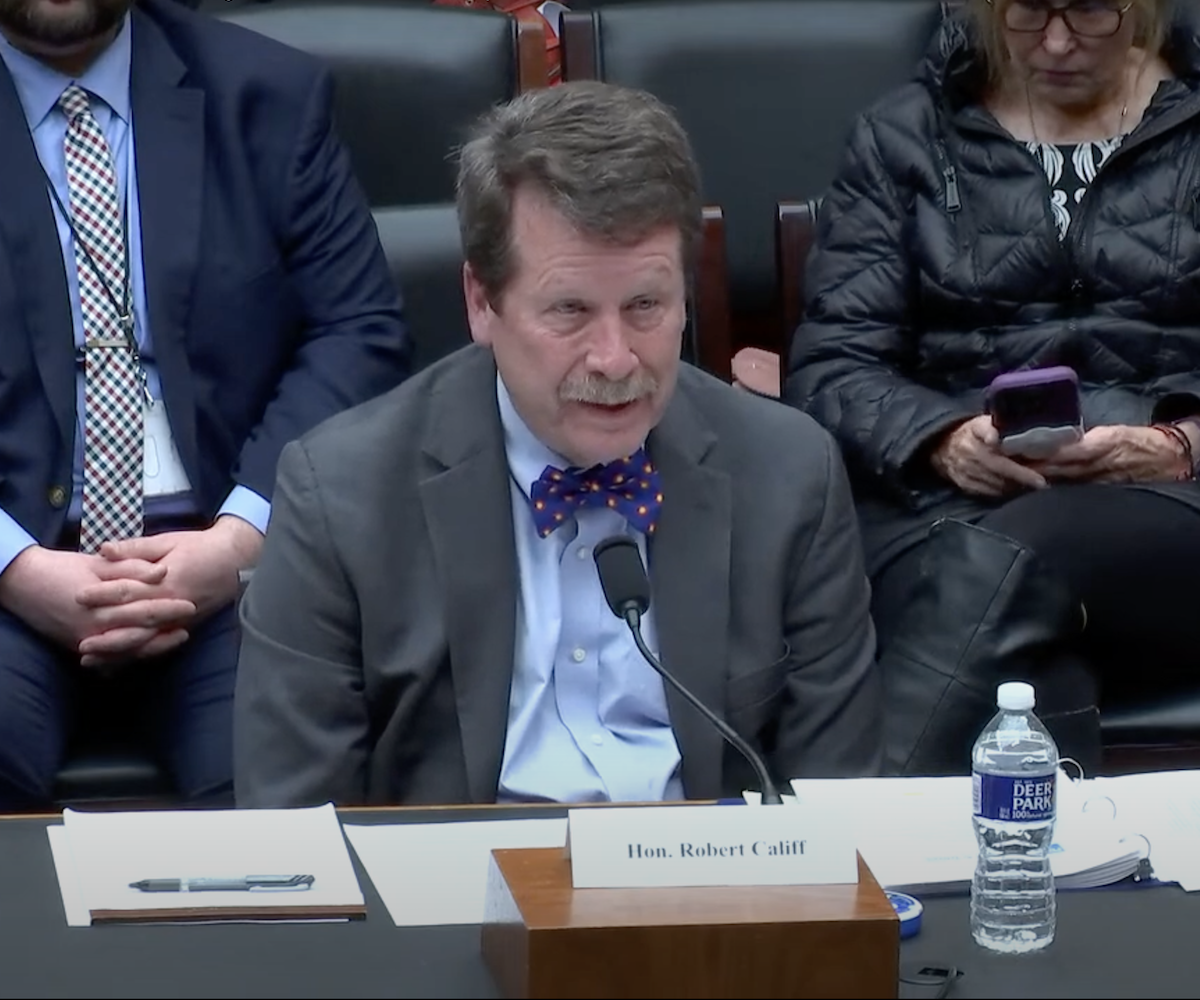Califf addresses inspections, staffing and COVID response in House hearing
 Biologics/ biosimilars/ vaccinesDiagnostics/IVDsMedical DevicesNorth AmericaPharmaceuticals
Biologics/ biosimilars/ vaccinesDiagnostics/IVDsMedical DevicesNorth AmericaPharmaceuticals Biologics/ biosimilars/ vaccinesDiagnostics/IVDsMedical DevicesNorth AmericaPharmaceuticals
Biologics/ biosimilars/ vaccinesDiagnostics/IVDsMedical DevicesNorth AmericaPharmaceuticals